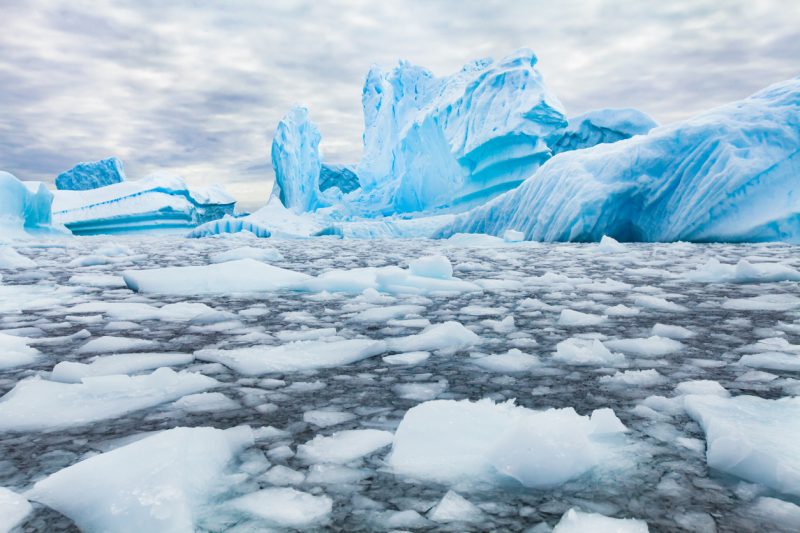Environmental and Economic Results from Global River Ice Deficit as Earth Warms

Recent research measures the global extent of the river ice deficit as our planet gets warmer. Such a difference will bring environmental and economic results. A considerate part of Earth’s rivers freezes over every year. Those iced rivers sustain essential transportation channels for industries and communities situated at high latitudes.
The ice layer also controls the number of greenhouse gasses released from rivers into our planet’s atmosphere. However, recent research from the University of North Carolina at Chapel Hill Department of Geological Sciences resurfaced, and we could learn some essential things. The researchers discovered that the annual river ice layer would decrease by almost six days for about one degree Celsius grow in global temperatures.
Environmental and Economic Results from Global River Ice Deficit as Earth Warms
Moreover, the decrease will bring environmental and economic results. Xiao Yang, a postdoctoral student from the UNC-Chapel Hill geological sciences department, detailed: “We used more than 400,000 satellite images taken over 34 years to measure which rivers seasonally freeze over worldwide, which is about 56 % of all large rivers.”
The team had also searched from any change to the river ice layer in the past and modeled forecasted changes for the future. So, by analyzing the river ice layer from 2008-2018 and 1984-1994, researchers identified a monthly global decrease varying from .3 to 4.3 percentage points. The most significant drops were discovered in the Tibetan Plateau, Alaska, and eastern Europe.
As the research explained: “The observed decline in river ice is likely to continue with predicted global warming.” For the next periods, the team realized a comparison between 2009-2029 and 2080-2100. Conclusions displayed monthly decreases in the Northern Hemisphere varying from 9-15 % in the winter period, and 12-68 % in spring and autumn. The Rocky Mountains, eastern Europe, northeastern U.S., for example, are expected to suffer the most significant effects.
0 comments